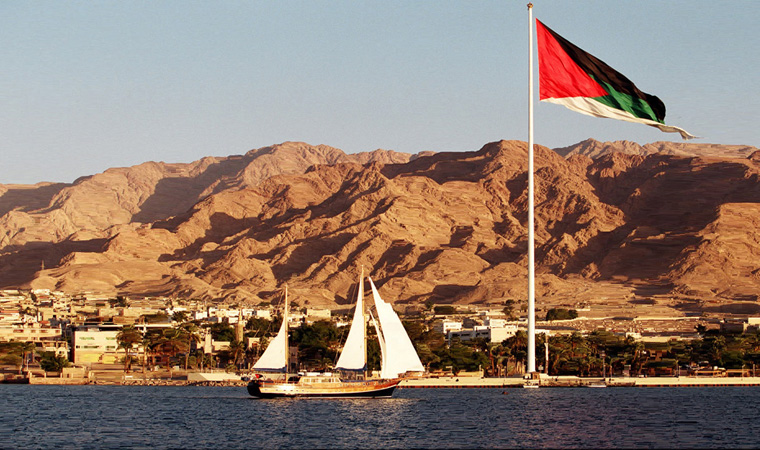
Proceeding to Practice
back to contents“Our today’s task is to structure the project’s pre-investment phase, prepare site research, elaborating the study of financial feasibility, environmental impact assessment and net infrastructure analysis, – said Dzhomart Aliev, Rusatom Overseas General Director, who accompanied the head of Rosatom. – We will also have to hold several events meant to raise the project investment attractiveness and public acceptance”.
NPP on a turnkey basis
The Hashemite Kingdom of Jordan is planning to construct the first NPP by 2019 in order to satisfy the country’s needs in electric energy and reduce the costs of electric power, taking 20% of the country’s budget annually. The tender for the NPP unit 1 construction in Jordan on a turnkey basis with the second unit option was announced in January 2011. Then the Jordanian party send to the tender’s participants some changes concerning the tender offer: thus, it was offered to include analysis of suggested project, taking into consideration the Fukushima catastrophe.
Besides Rosatom, Canadian AESL and Japanese-French consortium Areva and Mitsubishi also took part in the tender. In 2013 the Nuclear Energy Commission of Jordan drew a final line to the international tender for the plant construction where Russian offer won. The NPP will be built at a 25 km distance from the town of Aqaba on the Red Sea coast. Russian project suggests construction of two reactors with the power of more than 2 GW. The building will be done by a joint venture where Jordan will have its part if 51% with the rest going to Rosatom.
The main project advantage is that the main safety functions are performed independently from each other, by two different systems. Double containment prevents harmful substances leakage in case of emergency and protects the reactor from outside dangers, like explosion wave or plane crash. All this together with the systems’ efficiency, failure rate and human factor reduction increases the NPP safety. The high quality of Russian project was acknowledged also by foreign clients, who had chosen it for building plants in India (Kudankulam) and Iran (Bushehr) NPPs.




